
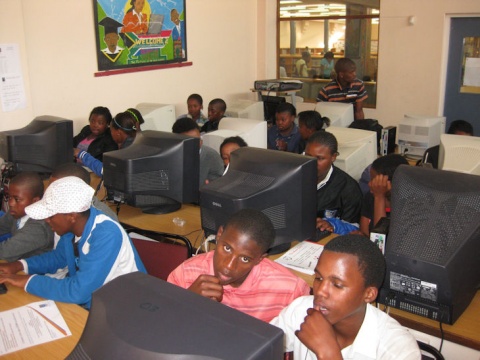
We are in the Internet generation – a time where being savvy with technology and with all thing “e-” related is absolutely essential. Our reliance on the post office and on print has gone done sharply, and now… we are web-based in almost every way. Social networking has always been a major step to opening opportunities to the future, and now, the internet has provided the perfect medium to have an enormous social network. Because of this, we at IkamvaYouth have revamped our Operation Fikelela and included more than just Microsoft Office and typing to our computer literacy curriculum. We understand that students don’t only need to know how to type correctly, use a spreadsheet, create a CV, etc., but that they also need to know how to navigate the internet and use it for communication.
We began with our 9th and 10th graders. IkamvaYouth Intern Christopher Fan facilitated a computer literacy session on 5 August 2010 to give each 9th and 10th grader his or her very own email address as well as facebook profile. The reasoning behind this was simple: social networking and increased communication ability will provide more opportunities. Christopher facilitated the proper style of email account (names and surnames as opposed to names such as babymama or igotswagger) to make it both easy to remember as well as professional. Afterwards, Christopher had all students create a facebook account and then advised them to friend each other as well as fellow Ikamvanite interns and tutors.
We are proud to welcome our students to the Internet Age!
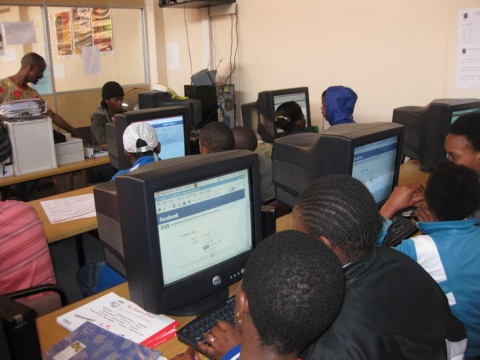

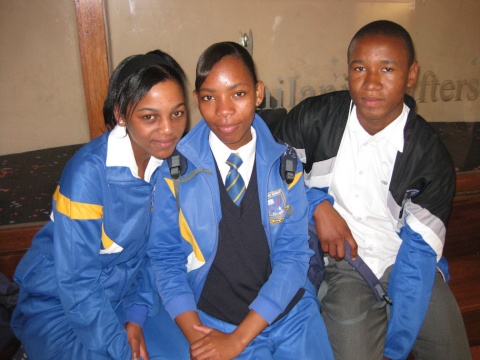
This past Saturday Africa Unite hosted a School Summit on Xenophobia, where they had several dozen learners from twelve schools in the Cape Town area come together and discuss the perils of xenophobia and how to combat discrimination in our schools.
The event was very successful with several speakers from bodies including the Nelson Mandela Foundation and the Department of Education. Learners compiled a list of recommendations during the event and it has been sent off to the Department of Education and other political officials. We hope this is only the beginning of a campaign to combat discrimination and racism within the schools of our community.
Viva, Africa Unite! Viva!
Please have a look at the Summit Recommendation list


11th Grade Learners at IkamvaYouth Makhaza are now speaking about hate crimes. So what is a hate crime? A hate crime is when a person or group of persons targets a victim because of his or her perceived membership in a certain social group, usually defined by racial group, religion, sexual orientation, disability, class, ethnicity, nationality, age, gender, gender identity, etc. Our students at Makhaza are using Siyayinqoba’s workshops on addressing this issue and hopefully… beating it out of their lives!
Part I of our lesson on Hate Crime focused on defining a hate crime and to understand that it does not happen only in South Africa. Using a poem from the US, learners were able to hear tutors Christopher Fan and Ginia O’Neil speak about the history of United States after slavery and the hate crimes committed on blacks in their country in the 1930s. Students then were asked to speak about groups they feel are victims of hate crimes. Examples they provided were Somalians, immigrants, gays, lesbians, Indians, Asians, and many more. Moving beyond this, the learners agreed that hate crimes come about negative stereotyping. To make this idea clear, the tutors made the learners draw their depiction of a Somalian, a Politician, a gay person, an Indian, and an artist. The pictures drawn were of stereotypes (i.e. Somalians in grass skirts, a man wearing makeup, a woman wearing a sari). We finished Part I by having the students talk about what groups in their neighborhood could be targeted and what they can do about it.
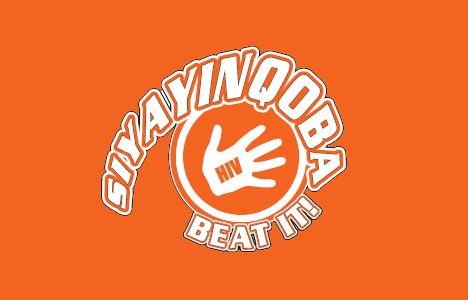
to be continued.


We IkamvaYouth and Equal Education are calling upon ALL tertiary institutions, companies, organisations, business, governmental bodies, and volunteers to participate in this year’s Careers Indaba. We Need Your Help! We want to make this Careers Indaba a huge success for our learners and for the community!
The Careers Indaba take place on Friday, the 27th of August from 1400 to 1700 at the Nazeema Isaacs Library in Makhaza, Khayelitsha.
To fill out the RSVP Form, please click here. If you know of anyone who would be willing to participate, please let us know and let them know as well!

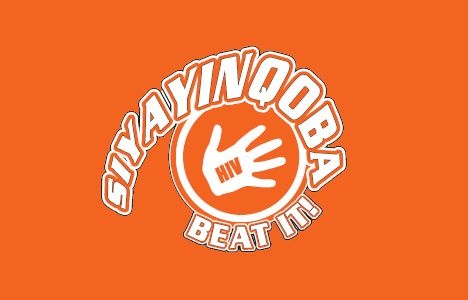
At IkamvaYouth we wish to empower students to be successful students as well as citizens. To do this, we wish to make our students aware of social pariahs that can be just as important to them as an upcoming exam. With this in mind, IkamvaYouth at Makhaza has embarked on introducing Siyayinqoba!, a programme promoting youth awareness of social issues such as HIV/AIDS, Teen Pregnancy, Hate Crimes, and much more. “Get Informed! Get Involved” is their slogan, and so IkamvaYouth Makhaza has chosen to get their learners informed and involved.
From 22 July 2010 to 29 July 2010, IkamvaYouth Makhaza’s 11th graders were introduced to a lesson on Teenage Pregnancy. They began with a fun icebreaker that made words that are uncomfortable to say easier to talk about. Afterwards, the 11th graders tackled the reasons why teenage pregnancy happen and what consequences might occur as a result. The topic ranged from STDs and HIV/AIDS to dropping out of school, being kicked out of your home, and also to never being able to obtain a proper education for social mobility.
During the second part of Teenage Pregnancy, the students began deliberating on the positives and negatives of engaging in sexual activities at a young age. They compiled a list of reasons on why to stay sexually active as well as a list of reasons to abstain. Results ranged from enjoying sex to peer pressure, disease and HIV to pregnancy, and even to opinions as wanting to be a sexually experienced partner in the future. No opinion was ridiculed nor disregarded, thanks to the open atmosphere offered by our learners.
Siyanyinqoba is here to stay, and we believe that equipping this group of learners will help them become great citizens and also give them full access to their future success.
JOIN US NEXT TIME FOR OUR 3 AUGUST WORKSHOP ON HATE CRIMES AND XENOPHOBIA!













 Lloyd Lungu
Lloyd Lungu